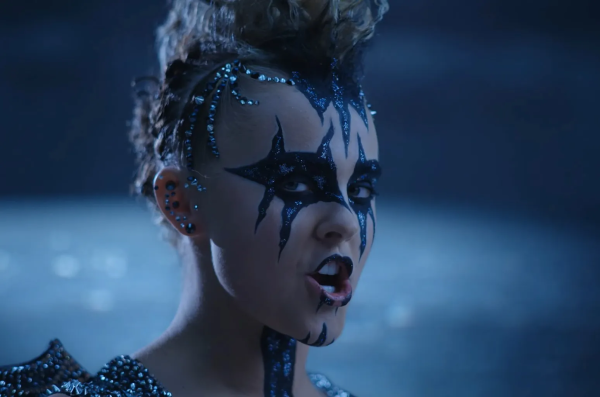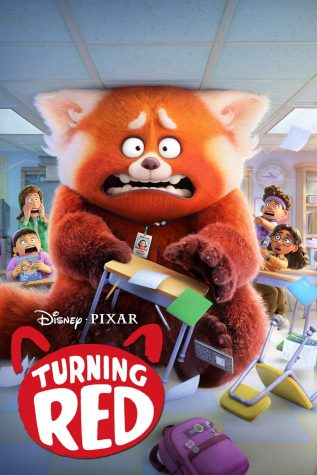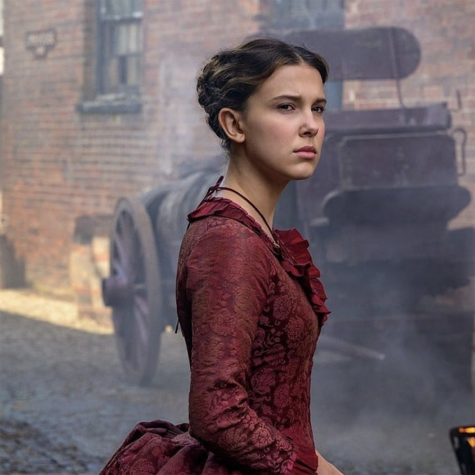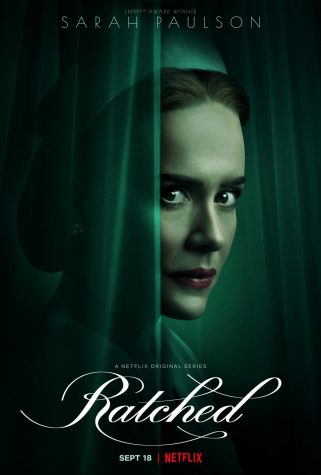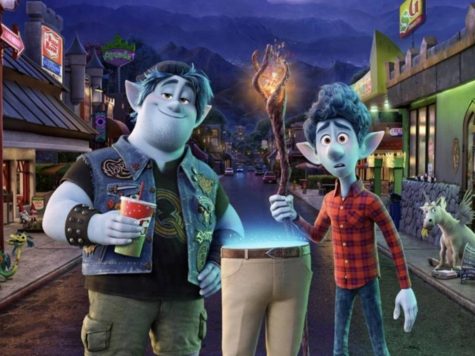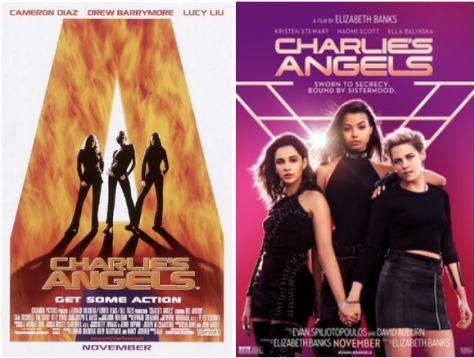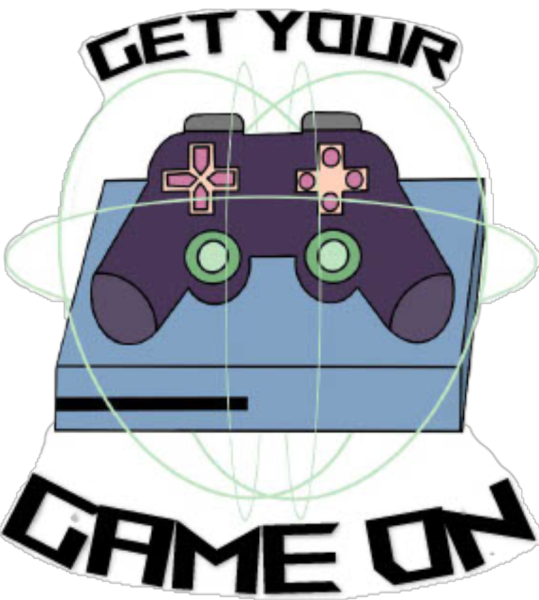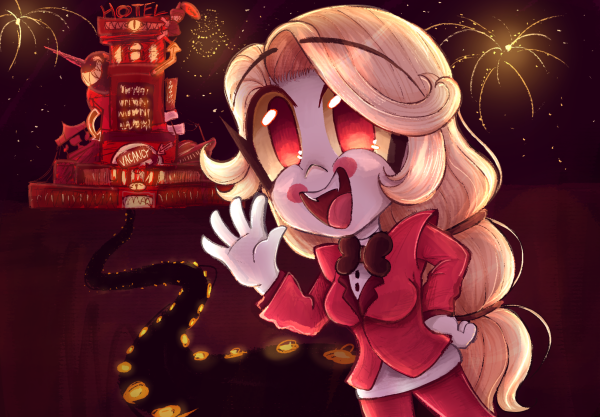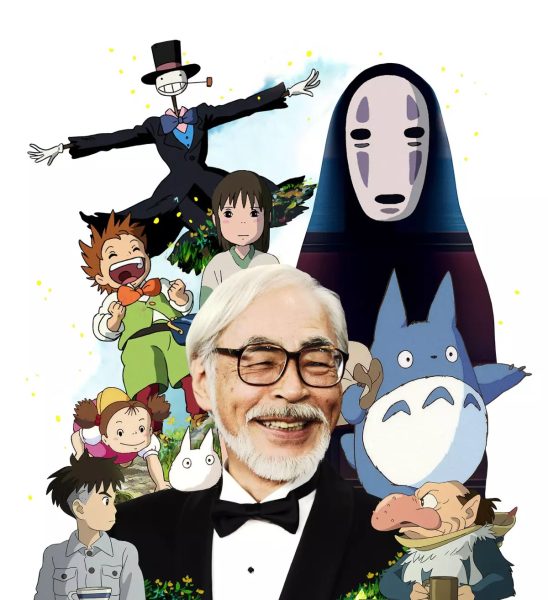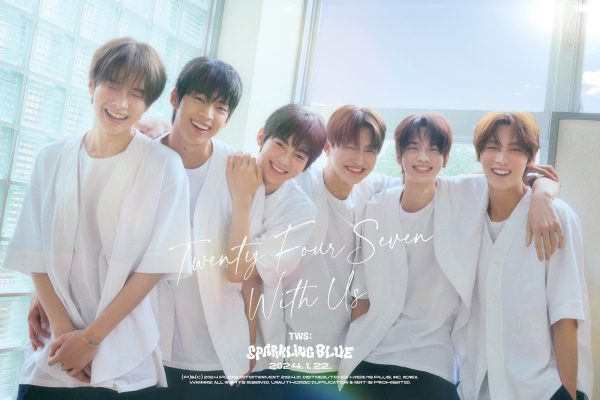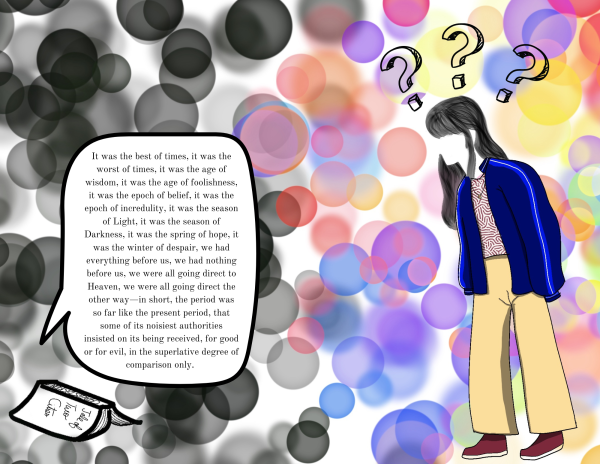‘Bohemian Rhapsody’ does not deserve an Oscar
It is astounding how such a insultingly inaccurate and poorly paced film could be nominated
This year’s Oscar nominees for Best Picture are “Black Panther”, “Blackkklansman”, “The Favourite”, “Roma”, “Green Book”, “A Star is Born”, “Vice”, and, inexplicably, “Bohemian Rhapsody”. How this insultingly inaccurate movie is listed to as one of the year’s best movies is beyond me.
The film opens up with Queen performing in their famous Live Aid concert, and then cuts to their origin. A band in London have just lost their lead singer, so Farrokh Bulsara (Rami Malek) offers to replace him. Farrokh and his bandmates quickly become sensational – they’re touring the world and performing in front of thousands. The film also brushes over the transformation of the shy, closeted Farrokh Bulsara into the audacious, loud Freddie Mercury.
Biopics like these tend to focus on the main character’s personal life rather than their profession. “Rush” does this fantastically, demonstrating how one’s personal life and profession are intermingled and how they affect one another. “Bohemian Rhapsody”, however, does not. We as an audience witness how Freddie transitions from reserved to flamboyant almost overnight. We also see how Freddie, early on in the movie, realises that he’s gay (although he claims to be bisexual).
The film portrays this character arc incredibly one dimensionally. Rather than show the difficulties of having to express one’s homosexuality, especially in in the 70s, “Bohemian Rhapsody” makes it seem as though Freddie realises and accepts his sexuality in the blink of an eye.
By the middle of the movie, Freddie has become a music star. There are several montages of the bands playing in various concerts, and these are the scenes where Rami Malek shines the most. He exudes a gripping, ferocious energy while performing onstage, just like how Freddie did. When he’s not performing or practising, Freddie is partying at clubs with his gay publicist, Paul Prenter. His relationship with Paul puts a strain on his music career. When Freddie accepts a deal to perform solo, his bandmates are furious, and the band breaks up.
The movie portrays Paul Prenter (Allen Leech) as a villain, and AIDS as a result of Freddie’s partying and sexuality. We never shown why exactly was Freddie drawn into such an ostentatious lifestyle, only that it ruined his friendship with his bandmates.
What’s worse, this movie is factually incorrect; Queen never split up. I can only imagine that this fictional event was included to set up the third act, where Freddie finally apologises to his bandmates and they all hug and go play at the Live Aid concert.
There is nothing wrong with slight factual inaccuracies, but “Bohemian Rhapsody” feels as if it is deliberately portraying fictional events in order to push for an ending where the band reunites. The most insulting part of the film is not just how inaccurate its third act is, but how cliched and bland it feels as well.
And because it has such a conventional, overdone ending, “Bohemian Rhapsody” has no uniqueness. It is not special in any way. It is vapid.
There are far better films that deserve recognition in place of “Bohemian Rhapsody”. “Hereditary” is a gripping, unnerving horror that thematically portrays family inheritance and burden. “Annihilation” is a fantastic allegory for the self destruction that humans all too often indulge in. And since action movies are fair game, given the presence of “Black Panther” on the list, I’d say “Mission: Impossible – Fallout” also deserves a nomination.



